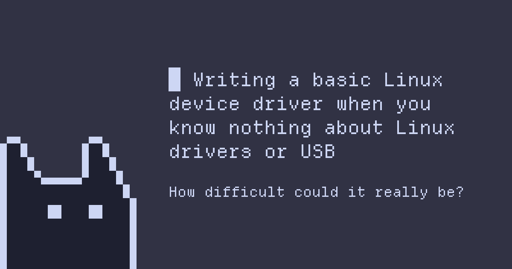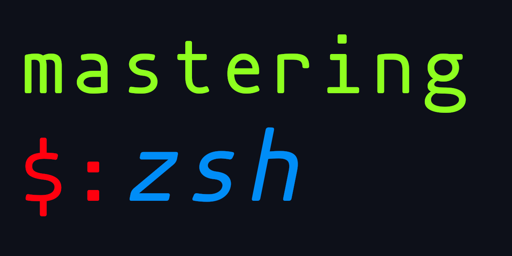Interests: Regular Expressions, Linux CLI one-liners, Scripting Languages and Vim
Linux @programming.dev glide: An extensible and keyboard-focused web browser
Programming @programming.dev Software Design by Example
Linux @lemmy.ml Introduction to Nix & NixOS
Linux @lemmy.ml Writing Your Own Simple Tab-Completions for Bash and Zsh
Linux @lemmy.ml What's involved in getting a "modern" terminal setup?
Programming @programming.dev A parser and interpreter for a very small language
Linux @lemmy.ml An Introduction to the Command-Line
Programming @programming.dev How I build software quickly
Linux @lemmy.ml Mastering jq
Programming @programming.dev The probability of a hash collision
Linux @lemmy.ml Writing a basic Linux device driver when you know nothing about Linux drivers or USB
Linux @lemmy.ml bashcrawl: learn Linux commands by playing a simple text adventure
Programming @programming.dev Writing Toy Software Is A Joy
Linux @lemmy.ml Curate your shell history
Linux @lemmy.ml mastering-zsh: Advanced topics to take advantage of zsh
Programming @programming.dev Reinvent the Wheel
Linux @lemmy.ml 30 interesting commands for the Linux shell
Linux @lemmy.ml Why Vim Is More than Just an Editor – Vim Language, Motions, and Modes Explained
Programming @programming.dev How to Plan and Build a Programming Project - A Legitimate Guide for Beginners
Linux @lemmy.ml Everything you need to know about sed substitution











I use Zola (https://github.com/getzola/zola) for personal blog.
There are also other options depending on your use case. For example, https://github.com/rust-lang/mdBook for documentation/ebook style content.